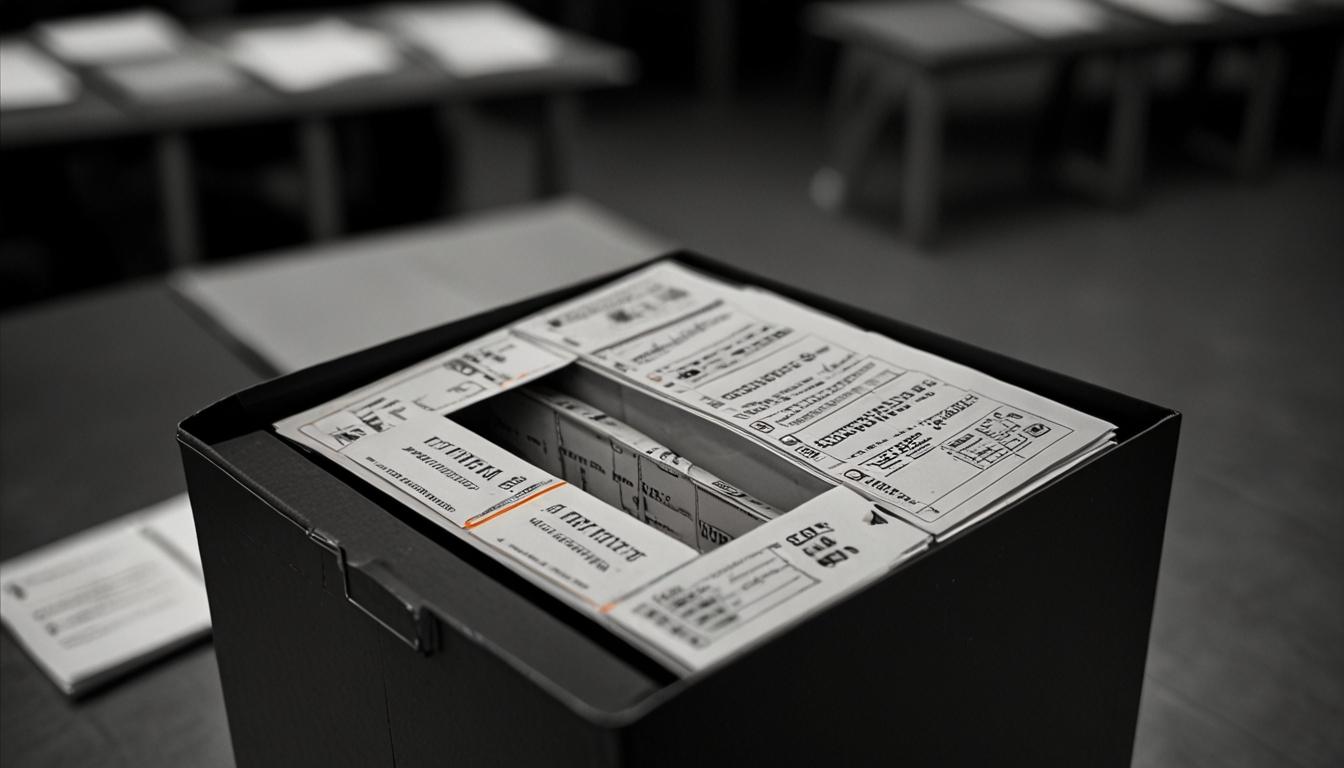Marine Le Pen’s far-right National Rally has taken a significant lead in France’s first round of legislative elections, setting the stage for a potential far-right government and sparking political manoeuvring among other parties.
Marine Le Pen’s far-right National Rally (RN) has gained a significant lead in France’s first round of legislative elections, according to results released early Monday. The RN secured approximately 33% of the vote, putting it ahead of the leftist New Popular Front coalition, which garnered about 28%, and President Emmanuel Macron’s centrist alliance, which received around 20%.
This election saw a high turnout of nearly 68%, reflecting the importance of the stakes involved. RN’s strong performance could lead to France’s first far-right government since World War II, although it remains uncertain whether the party will secure an outright majority in the final round of voting scheduled for next Sunday.
The success of the RN has sparked immediate political maneuvering in France. Leftist and centrist groups are discussing strategies to block the far-right from gaining a majority, which may include withdrawing candidates in districts where they came in third place to support others who have a better chance of winning.
The election results have implications beyond France, with potential shifts in the country’s domestic and foreign policies. The RN’s agenda includes rolling back pension reforms and adopting a more confrontational stance towards the European Union while ceasing missile deliveries to Ukraine. The rising influence of the RN also poses concerns over civil liberties, given the party’s longstanding views on immigration and police powers.
Le Pen has called on her supporters to secure an absolute majority in the upcoming vote while President Macron faces a weakened position. This political shake-up has been closely watched internationally, with leaders such as Poland’s Prime Minister Donald Tusk warning about the rise of far-right parties across Europe.
The next round of voting will be crucial in determining the future political landscape of France.
